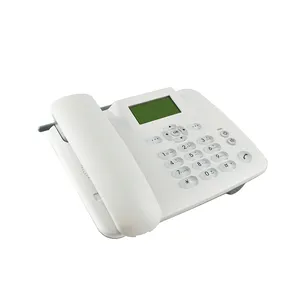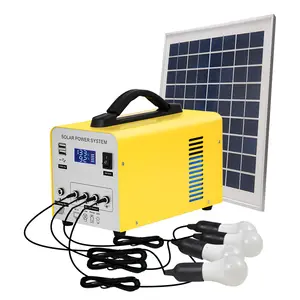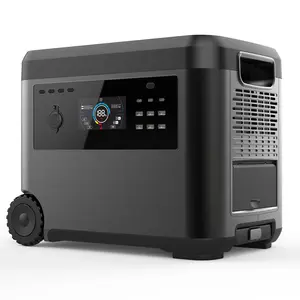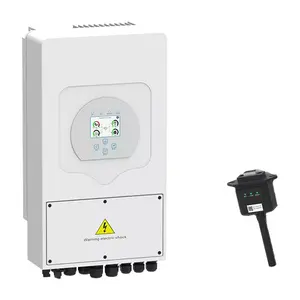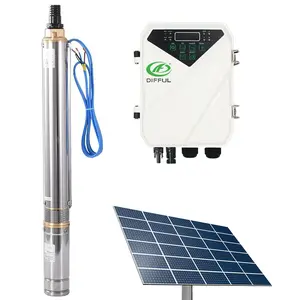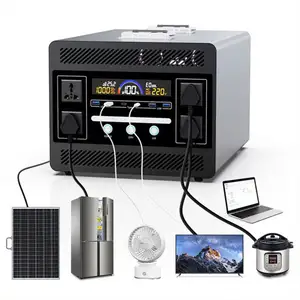Popular in your industry


































































Related Searches:






 Ready to Ship
Ready to Ship












































































































































Top categories
About 600 watts tie grid solar inverter
Introduction to 600 Watts Tie Grid Solar Inverters
The 600 watts tie grid solar inverter category encompasses a range of devices designed to convert direct current (DC) from solar panels into alternating current (AC) for use in grid-tied solar energy systems. These inverters play a crucial role in harnessing solar energy, making it a viable option for supplementing traditional power sources.
Types and Configurations
There are several types of grid-tie inverters, including those that produce a pure sine wave, which is essential for the seamless operation of sensitive electronics. Configurations vary from single-phase to three-phase systems, catering to different electrical network requirements.
Applications of Grid-Tied Inverters
The application of 600W grid-tie inverters is diverse, ranging from small-scale residential solar systems to larger solar projects. These inverters are not only suitable for solar energy systems but can also be integrated into wind turbine systems, demonstrating their versatility.
Features and Materials
A 600 watt solar inverter typically boasts features such as MPPT (Maximum Power Point Tracking) to optimize the conversion efficiency. The materials used in these inverters are selected for durability and performance, ensuring they can withstand various environmental conditions.
Advantages of Using a 600W Inverter
The advantages of using a 600W solar power inverter include improved energy independence and the potential for reduced electricity bills. These inverters are designed for ease of use and compatibility with existing grid infrastructure, making them a practical choice for those looking to adopt solar technology.
Considerations When Selecting an Inverter
When selecting a grid-tie solar inverter, it is important to consider the specific needs of your solar energy system. Factors such as inverter efficiency, system compatibility, and environmental resilience should guide your choice to ensure optimal performance.
